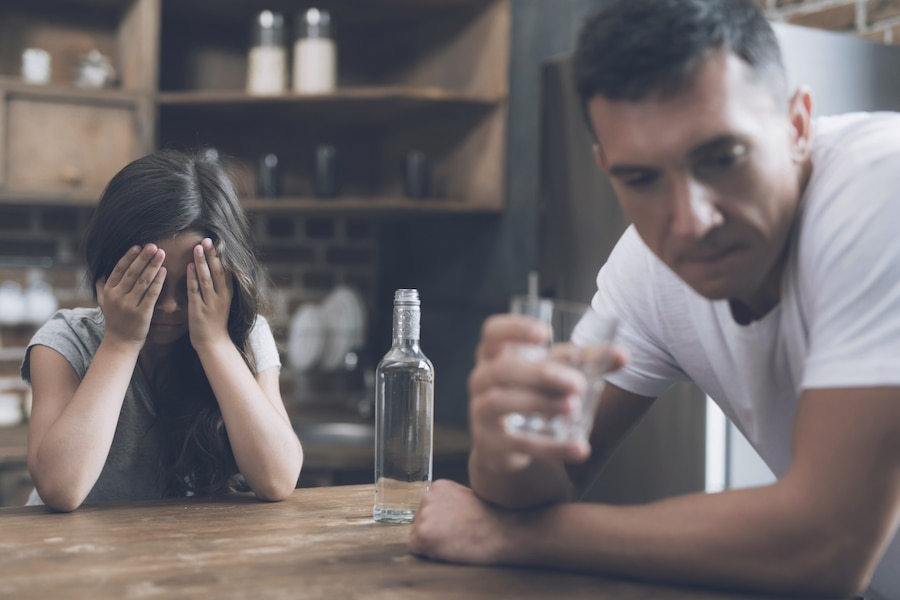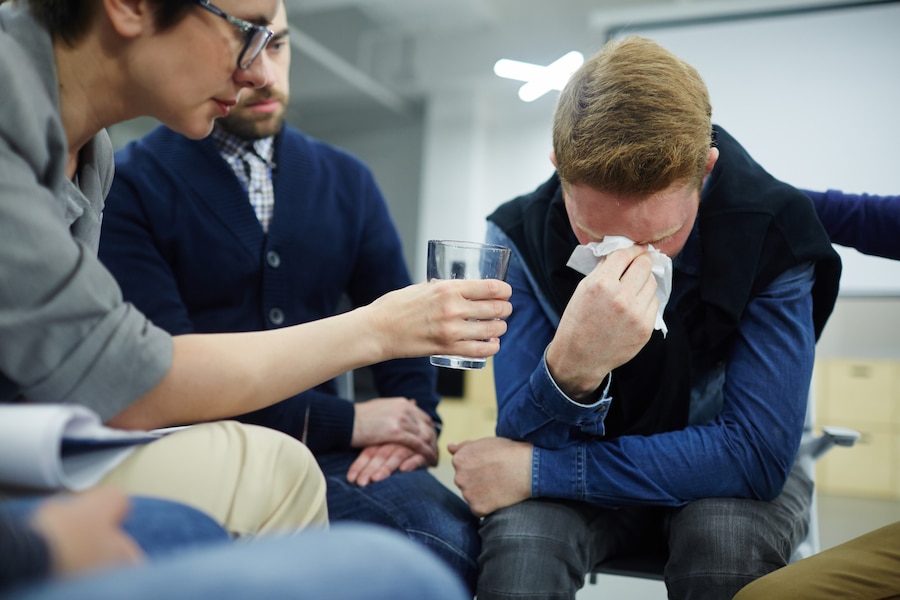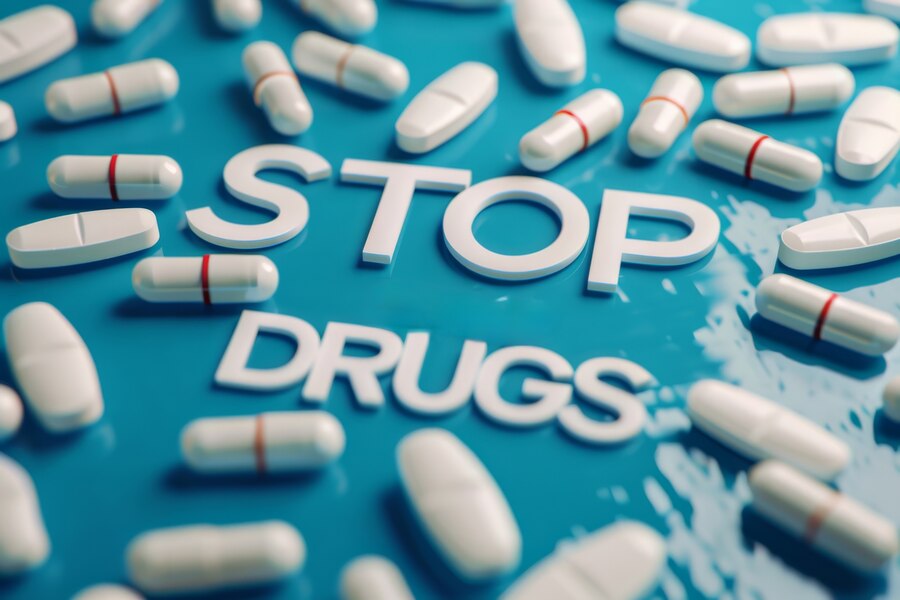Couples Rehab South Dakota
South Dakota Couples Rehab: Healing Together on the Path to Recovery
In the picturesque landscapes of South Dakota, couples struggling with addiction have the opportunity to reclaim their lives and relationships through specialized programs at Couples Rehab and their recovery partners. Addiction can strain even the strongest partnerships, but with the right support, couples can heal together and emerge stronger. This blog post will explore the essential services offered by Couples Rehab South Dakota, including detox, inpatient and outpatient programs, and aftercare support, all tailored to meet the unique needs of couples in recovery.
Understanding Couples Rehab
What is Couples Rehab?
Couples Rehab is a dedicated treatment program designed for partners dealing with substance use disorders. Unlike traditional rehab programs that focus solely on the individual, Couples Rehab recognizes the interconnectedness of relationships and aims to foster joint recovery. By addressing both partners’ challenges simultaneously, the program helps rebuild trust, enhance communication, and develop healthier coping mechanisms.
Why Choose Couples Rehab in South Dakota?
- Joint Support: Couples can support each other through the recovery journey, sharing their experiences and challenges.
- Tailored Treatment: Programs are customized to address the specific needs of both partners.
- Relationship-Focused: Therapeutic approaches emphasize improving the couple’s relationship while working on individual recovery.
The Detox Process
Detoxification is the first step in overcoming addiction. For couples, this stage can be particularly daunting, but a South Dakota couples rehab offers a supportive and medically supervised detox program.
What to Expect During Detox
- Medical Supervision: Licensed professionals provide 24/7 monitoring to manage withdrawal symptoms safely.
- Customized Plans: Detox plans are tailored to each partner’s unique substance use history and health needs.
- Emotional Support: Couples are encouraged to lean on each other during this challenging phase, fostering a sense of unity.
Importance of Detox
Detox is not just about quitting substances; it’s a critical preparation phase for further treatment. A successful detox lays the groundwork for ongoing therapy and recovery, allowing couples to focus on healing and personal growth.
Inpatient Treatment
Following detox, many couples transition into an inpatient treatment program. This residential setting provides a structured environment conducive to healing. Whether you are in a commited relationship or a married couple, getting treatment together may be the best thing for your health.
Benefits of Inpatient Treatment
- 24/7 Care: Constant access to medical staff and support professionals.
- Therapeutic Environment: Inpatient programs offer various therapeutic activities, including individual and group therapy.
- Relationship Counseling: Couples engage in therapy sessions specifically designed to address their relationship dynamics.
Types of Therapy Offered
- Cognitive Behavioral Therapy (CBT): Helps couples identify and change negative thought patterns that contribute to addiction.
- Couples Therapy: Focuses on improving communication, rebuilding trust, and enhancing emotional intimacy.
- Family Therapy: Involves family members to address the broader impacts of addiction on family dynamics.
Outpatient Programs
For couples who have completed inpatient treatment or those who require a more flexible option, a Couples Rehab center in South Dakota offers comprehensive outpatient programs.
Features of Outpatient Programs
- Flexible Scheduling: Couples can attend sessions at times that fit their work and family commitments.
- Continued Support: Outpatient programs include ongoing therapy sessions and support groups to keep couples engaged in their recovery.
- Life Skills Training: Focuses on practical skills necessary for maintaining sobriety and improving relationships.
Benefits of Outpatient Care
Outpatient treatment is beneficial for couples who have a stable home environment and want to continue their recovery while resuming their daily lives. This model encourages accountability and allows couples to practice new skills in real-world situations.
Aftercare Programs
Recovery doesn’t end with the completion of treatment; aftercare is vital for maintaining long-term sobriety and relationship health. Couples Rehab’s South Dakota program offers comprehensive aftercare support to help couples transition back into daily life.
Components of Aftercare
- Alumni Programs: Connects couples with others who have completed treatment, fostering a supportive community.
- Ongoing Therapy: Couples can continue to engage in therapy to address any new challenges that arise.
- Support Groups: Regular meetings provide a platform for couples to share their experiences and challenges in a supportive environment.
Importance of Aftercare
Aftercare is crucial for preventing relapse. The transition back to everyday life can be overwhelming, and having a support system in place helps couples navigate this phase successfully. Contact us today and learn more about relapse prevention for long term sobriety.
The Role of Communication in Recovery
Effective communication is essential for any relationship, especially during the recovery process. A rehab for couples in South Dakota emphasizes developing healthy communication skills to strengthen partnerships.
Techniques to Enhance Communication
- Active Listening: Partners learn to listen to each other without judgment, creating a safe space for open dialogue.
- Expressing Needs: Couples are taught to express their feelings and needs clearly, reducing misunderstandings.
- Conflict Resolution: Skills to manage and resolve conflicts in a healthy manner are a key focus in therapy sessions.
Building a Healthy Future Together
Recovery is not just about abstaining from substances; it’s about building a fulfilling life together. Our Couples Rehab program in South Dakota helps partners not only overcome addiction but also enhance their relationship. Find out more by visiting our about us page, and discover your treatment options.
Tools for a Healthy Relationship
- Setting Goals Together: Couples learn to set and pursue shared goals, fostering teamwork and commitment.
- Engaging in Healthy Activities: Exploring hobbies, exercising, and participating in community events can strengthen bonds.
- Prioritizing Self-Care: Both partners are encouraged to prioritize their own well-being, which benefits the relationship.
Call to Action: Start Your Journey Today
If you and your partner are struggling with addiction, don’t wait to seek help. Couples Rehab South Dakota is here to support you every step of the way. Our dedicated team understands the complexities of addiction in relationships and is committed to providing personalized care tailored to your unique needs.
Reach Out for Help
Contact Couples Rehab in South Dakota today to learn more about our comprehensive treatment programs. Whether you need detox, inpatient care, outpatient services, or aftercare support, we are ready to help you and your partner embark on the journey to recovery together.
Get Help Today
Couples facing addiction can find hope and healing at a Couples Rehab in South Dakota. Through detox, inpatient and outpatient programs, and comprehensive aftercare, couples can rebuild their lives and relationships. The road to recovery is challenging, but with the right support, it can lead to a brighter, healthier future together. Don’t hesitate—take the first step towards healing today!
Top Couples Rehab Questions in South Dakota
1. What is Couples Rehab South Dakota?
Answer: Couples Rehab’s South Dakota programs is a specialized treatment program designed for couples struggling with addiction. It focuses on joint recovery, helping partners support each other while addressing their individual and relational challenges.
2. What types of addiction are treated at Couples Rehab?
Answer: Couples Rehab treats various substance use disorders, including alcohol, opioids, prescription drugs, stimulants, and illicit substances.
3. What is the detox process like?
Answer: The detox process involves medically supervised withdrawal to ensure safety and comfort. Each partner’s detox plan is customized based on their substance use history and health needs.
4. What are the benefits of inpatient treatment?
Answer: Inpatient treatment provides a structured environment with 24/7 medical support, therapeutic activities, and relationship-focused counseling to help couples work on their recovery together.
5. How does outpatient treatment differ from inpatient care?
Answer: Outpatient treatment allows couples to attend therapy sessions while maintaining their daily responsibilities. It offers flexibility and continued support without the need for residential care.
6. What types of therapy are offered at Couples Rehab?
Answer: Couples Rehab offers several types of therapy, including Cognitive Behavioral Therapy (CBT), couples counseling, and family therapy, all aimed at improving communication and addressing relational issues.
7. What is the importance of aftercare?
Answer: Aftercare is crucial for maintaining long-term sobriety and relationship health. It provides ongoing support and resources to help couples transition back into everyday life after treatment.
8. How can couples improve their communication during recovery?
Answer: Couples can enhance communication by practicing active listening, expressing their needs clearly, and learning conflict resolution techniques to manage disagreements healthily.
9. Is family therapy included in the program?
Answer: Yes, family therapy is often included in the treatment program to address family dynamics and support systems, which can significantly impact recovery outcomes for couples.
10. How can I get started with Couples Rehab South Dakota?
Answer: To get started, you can contact Couples Rehab South Dakota directly through their website or phone. They will provide information about available programs and guide you through the admission process.
Here are key .gov resources for substance abuse and mental health support in South Dakota, including links and descriptions:
1. South Dakota Department of Social Services – Behavioral Health
Description: This department provides resources for mental health and substance use disorder treatment, including information on services and funding. Website: SD Department of Social Services – Behavioral Health Contact Number: (605) 773-3165
2. South Dakota Department of Health
Description: The Department of Health offers various resources related to mental health and substance abuse, including prevention and treatment programs. Website: SD Department of Health Contact Number: (605) 773-3737
3. South Dakota Division of Behavioral Health
Description: This division oversees mental health and substance abuse programs across the state and provides information about available services and resources. Website: SD Division of Behavioral Health Contact Number: (605) 773-3123
4. South Dakota 211
Description: A statewide resource for finding local services, including mental health and substance abuse support. Users can call or visit the website for assistance. Website: South Dakota 211 Contact Number: 211 (or 1-800-233-9999)
5. South Dakota Department of Human Services – Substance Abuse
Description: This department provides information on substance abuse treatment options and resources available throughout South Dakota. Website: SD Department of Human Services Contact Number: (605) 773-3560
6. National Suicide Prevention Lifeline (available in South Dakota)
Description: A 24/7 service providing support for people in distress, prevention, and crisis resources, accessible nationwide, including South Dakota. Website: National Suicide Prevention Lifeline Contact Number: 1-800-273-TALK (1-800-273-8255)
These resources provide vital information and assistance for individuals and families seeking help with substance abuse and mental health issues in South Dakota.



















Recent Comments